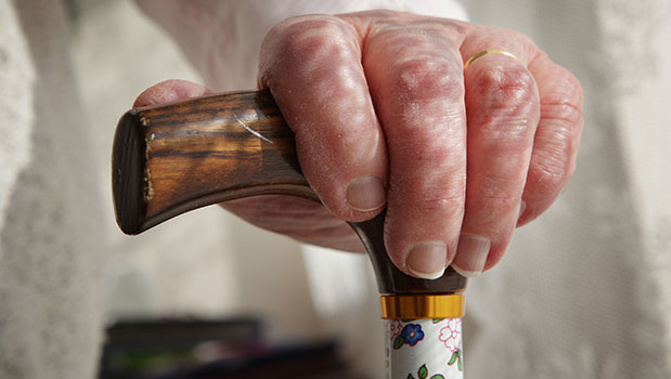
A report by the Human Rights Commission is raising eyebrows in the residential care sector after it uncovered legal and ethical issues around elderly care.
The publication, This Is Not My Home, considers the legal and ethical issues around care for the elderly when the care is without the person's consent.
The papers were originally prepared for a series of seminars and workshops on the legal safeguards and ethical issues relating to care of psycho-geriatric patients in New Zealand.
The report finds many residents in care lack the capacity to make decisions about where they would prefer to live. Instead, others are making the decisions for them.
Disability Rights Commissioner and acting Chief Human Rights Commissioner Paula Tesoriero said the report was "concerning to read".
"Very few of these people have formally consented to being held in these locked facilities", Tesoriero said.
The 88-page report identifies serious issues around the current legislative framework and associated policy and practices inside the industry.
It found about 5000 elderly New Zealanders are homed in secure dementia units and psycho-geriatric facilities. Many did not give consent to live there.
Service clinical director for Liaison Psychiatry and Mental Health Services for Older People at Auckland DHB, Dr Mark Fisher, uncovered concerns from industry leaders about living consents.
He found about 34,000 aged residential care (ARC) beds and about 5 per cent of the over 65-years-old population was in care at any time.
Fourteen per cent of those aged over 80 were in care at any time and 50 per cent of those aged over 90.
Fisher's report said there was growing concern among managers and clinicians at DHBs and ARC provider organisations about the scenario.
One case cited a middle-aged woman who was detained in a locked dementia unit without legal authority, despite her recovering capacity and requests to leave.
Chief legal adviser at the Human Rights Commission and co-author Janet Anderson-Bidois said Fisher was the first person to work out the number of residents affected.
"[He looked] at whether there's proper legal paperwork or authorities that enable people to be held in these places when they often don't want to be there."
In many situations, there was no clear lawful basis for detaining individuals in secure care facilities.
The deprivation of liberty in these circumstances was a significant human rights issue for New Zealand, the authors found.
Its authors want the Law Commission to undertake a formal review with consumers and the health and disability sector.
Take your Radio, Podcasts and Music with you









